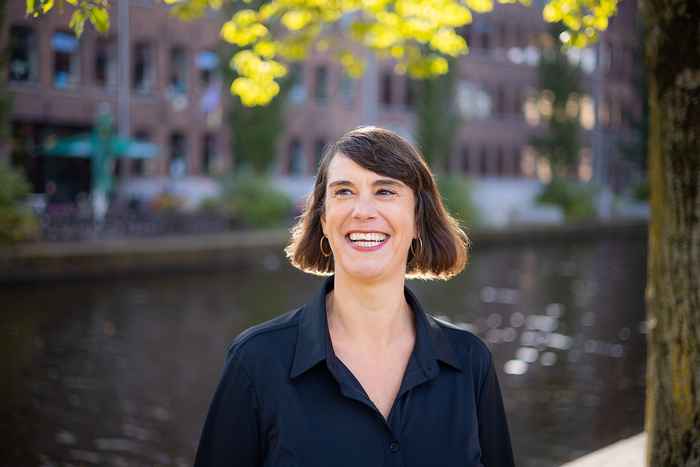ERC Advanced Grant for Marieke de Goede
17 June 2025
About the COLFIN project
COLFIN analyses and responds to the colonial durabilities in modern financial infrastructures. Financial innovation co-evolved with early modern colonial expansion and vice versa. The longer time horizons, transnational payments and novel uncertainties of colonialism are at the heart of modern financial innovation. Academic literature acknowledges this but – with some exceptions – writes colonial violence out of the history of finance.
The aim of De Goede’s project is to understand and analyse how the experimental beginnings and development of financial instruments were shaped by and through colonial exploitation and appropriation. The project’s novel approach is to focus on financial infrastructures, understood as socio-technical and historically durable ways of organizing political-economic life. COLFIN focuses on three key financial technologies, namely credit, currency and collateral. Methodologically, the project combines digital financial forensics with qualitative postcolonial case studies. The project mines newly digitised archives of early modern public-private colonial companies including the Dutch and British East India Companies, while also being attentive to the silences in these archives.
Dean
The awarding of the grant for her project means that Marieke de Goede will eventually step down from her position as Dean of the Faculty of Humanities. De Goede will in any case complete a four-year term until spring 2026. This will allow sufficient time to organise the procedure for recruiting a new dean in a timely and careful manner, in consultation with the representative bodies.
Marieke de Goede: 'I do my work as dean with great dedication, but from the beginning of my term, it was clear to me that I would eventually return to research. The planned start of this project in spring 2026 is not only well-timed but also provides ample time to ensure a smooth handover. It goes without saying that I will remain fully committed to the faculty for the rest of my term.'
